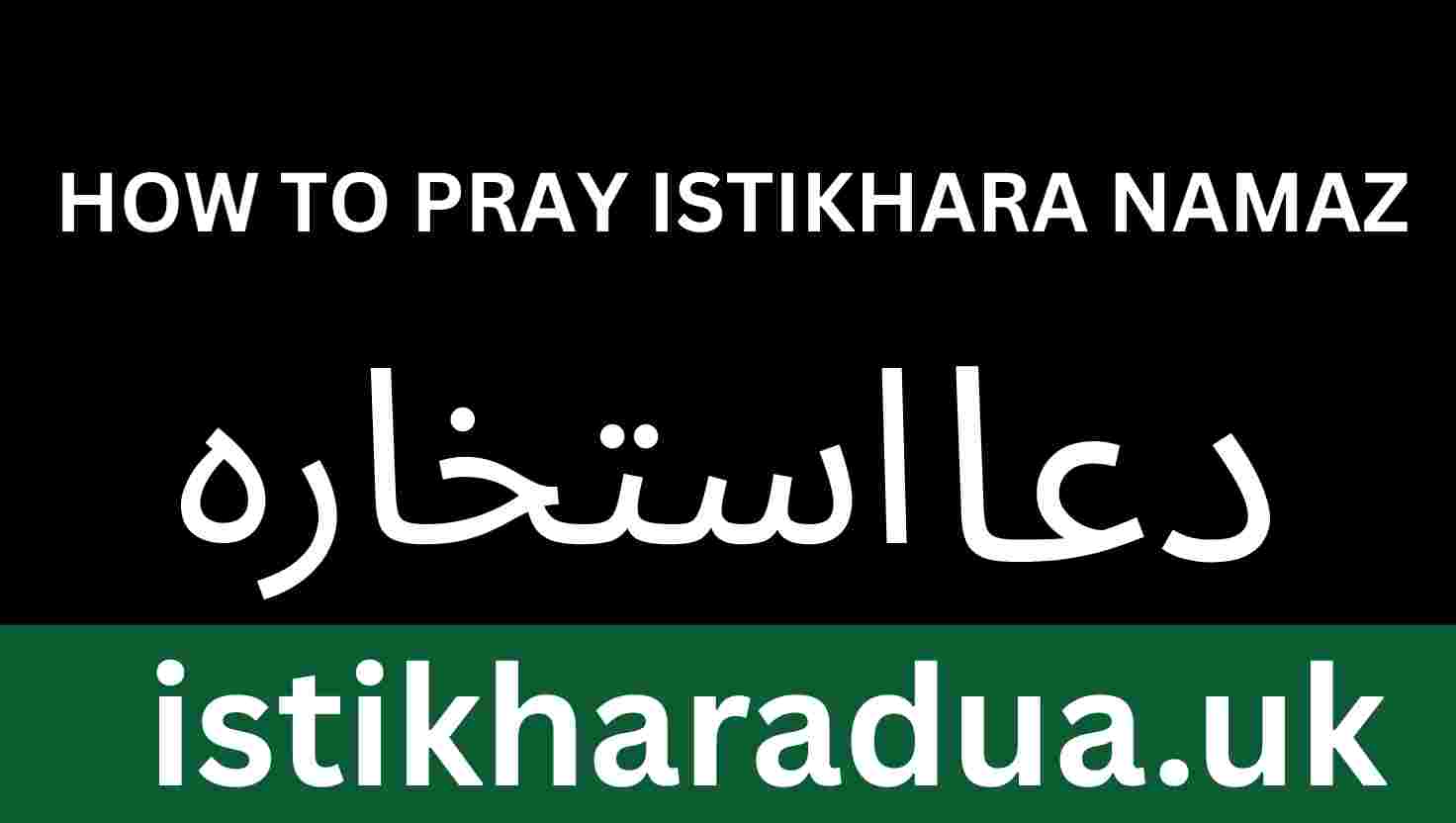 How to Pray Istikhara Namaz
How to Pray Istikhara Namaz
What is Istikhara Namaz, and how do you perform it?
Istikhara Namaz is a two-rakah prayer followed by a dua, seeking Allah’s guidance in decisions. It helps Muslims find clarity and peace in choices like marriage or career.
Mastering Salatul Istikhara for Guidance
Ever felt stuck at a crossroads, unsure which path to take? Salatul Istikhara, or Istikhara Namaz, is like a spiritual compass, guiding you through Allah’s wisdom. This prayer isn’t about expecting a neon sign but about trusting divine direction. We’ll explore the step-by-step Istikhara process, share real stories, bust myths, and offer tips to help you embrace this Sunnah practice with confidence and peace.
Understanding the Essence of Istikhara Namaz
Istikhara Namaz combines prayer and supplication to seek Allah’s counsel. The word “Istikhara” means seeking goodness from Allah, as taught by Prophet Muhammad (peace be upon him). It’s perfect for moments of indecision, reminding us of Allah’s infinite knowledge: “But perhaps you hate a thing and it is good for you; and perhaps you love a thing and it is bad for you. And Allah knows, while you know not” (Quran, Surah Al-Baqarah, 2:216).
This prayer fosters trust in Allah’s plan, easing anxiety. As Imam Al-Nawawi notes, Salatul Istikhara helps believers accept divine decrees with contentment.
Why Istikhara Namaz Matters in Daily Life
Why turn to Salatul Istikhara? Life’s choices—big or small—can overwhelm. This prayer shifts focus from human logic to divine wisdom. Jabir bin Abdullah reported that the Prophet taught Istikhara like a Quranic surah, emphasizing its value (Sahih al-Bukhari, 1166). Whether choosing a career or a daily task, Istikhara prayer steps guide you to what’s best.
Sheikh Ibn Uthaymeen highlights that Istikhara builds spiritual resilience, helping you navigate confusion with faith. It’s a tool for peace in a chaotic world.
Step-by-Step Istikhara Prayer Guide
Ready to learn how to pray Istikhara Namaz? Follow these Istikhara prayer steps:
Make Intention (Niyyah): Focus on the decision, like a job or marriage.
Perform Wudu: Ensure ritual purity.
Pray Two Rakahs: Offer non-obligatory prayer, reciting Surah Al-Kafirun (first rakah) and Surah Al-Ikhlas (second rakah).
Recite the Istikhara Dua: After salam, say the dua in Arabic.
Trust Allah’s Guidance: Look for signs like ease, peace, or obstacles.
Beginner Tip: Use apps like Quran.com to practice dua pronunciation.
The Istikhara Dua and Its Meaning
The heart of Salatul Istikhara is its dua, found in Sahih al-Bukhari (1166): “Allahumma inni astakhiruka bi’ilmika…” (O Allah, I seek Your guidance by Your knowledge…). It asks Allah to facilitate good or avert harm, ending with contentment in His choice.
Dr. Bilal Philips explains that understanding the dua’s meaning deepens sincerity, making your prayer more heartfelt. It’s about submission, not prediction.
When and How Often to Pray Istikhara
Perform guidance prayer anytime, ideally at night for tranquility, like during tahajjud. There’s no limit—some scholars, like Sheikh Bin Baz, suggest repeating up to seven times for clarity. If anxiety persists, keep praying and trust Allah’s timing (Quran, Surah Ash-Shura, 42:38: “And those who have responded to their lord and established prayer and whose affair is [determined by] consultation…”).
Beginner Tip: Journal post-prayer feelings to track subtle signs of guidance.
Busting Common Myths About Istikhara Namaz
Let’s clear up misconceptions causing confusion:
Myth 1: You Need a Dream
Guidance isn’t limited to dreams. Sheikh Assim Al-Hakeem says it may come as feelings or events.Myth 2: Istikhara Predicts the Future
It seeks Allah’s choice, not a forecast (Sunan Abu Dawood).Myth 3: Only for Big Decisions
The Prophet encouraged Istikhara for all matters, per Sahih al-Bukhari.
Real-Life Examples of Istikhara in Action
Example 1: Career Decision
Zainab, a 30-year-old teacher, prayed Istikhara Namaz before switching jobs. Post-prayer, she felt uneasy about a new offer despite its pay. Trusting this, she stayed and received a promotion, proving Allah’s guidance.
Example 2: Marriage Proposal
Ahmed performed Salatul Istikhara for a marriage proposal. Delays and issues arose, signaling to decline. Months later, he found a better match, showing how obstacles can guide.
Example 3: Relocating Abroad
Layla prayed Istikhara before moving for studies. She felt calm, and logistics fell into place, confirming her decision. Her success abroad reinforced her faith in guidance prayer.
Case Study: Amina’s Journey with Istikhara
Amina, a 28-year-old marketer, faced a tough choice: relocate for a promotion or stay near family. Overwhelmed, she learned how to pray Istikhara Namaz from a local scholar. She performed wudu, prayed two rakahs at night, and recited the dua, focusing on its meaning of trust in Allah.
Over a week, signs emerged: relocation hit snags—delayed paperwork, high costs—while her current job offered remote work. Amina felt peace staying, interpreting it as Allah’s guidance. Later, family support during a health crisis proved her choice right. Imam Ibn Qayyim’s teachings on trusting divine signs inspired her to share her story, encouraging others to embrace step-by-step Istikhara.
Tips for Beginners Performing Istikhara
Start Simple: Try Istikhara for small decisions to build confidence.
Focus on Sincerity: Pray with a pure heart, free from bias.
Track Signs: Note feelings or events in a journal post-prayer.
Learn the Dua: Use transliterations if Arabic is hard; sincerity trumps perfection.
Combine with Istishara: Consult knowledgeable people first (Quran, Surah Al-Imran, 3:159).
Addressing Pain Points in Istikhara
Feeling lost about signs? Guidance may be subtle—peace, ease, or hurdles. If Arabic feels daunting, start with the dua’s English meaning; apps can help with pronunciation. Anxious about wrong choices? Istikhara Namaz lifts that burden by aligning you with Allah’s will, as He plans best (Quran, Surah Al-Anfal, 8:30).
Enhancing Istikhara with Spiritual Practices
Pair guidance prayer with tahajjud for deeper connection. Reflect on verses like Surah Al-Kahf (18:24): “And say, ‘Perhaps my Lord will guide me to a nearer way than this to guidance.’” Scholars recommend a calm mindset, avoiding rushed prayers.
This approach makes Istikhara a lifestyle, fostering ongoing trust in Allah. Combine with dua for patience to stay grounded.
Combining Istikhara with Decision-Making
Istikhara isn’t a standalone act; pair it with practical steps. Consult experts, weigh pros and cons, then pray. This aligns with the Sunnah of istishara (consultation) before Istikhara. A 2024 study by Islamic Relief found that Muslims who combined both reported less decision-related stress.
For example, before buying a car, research models, consult mechanics, then perform Istikhara to seek Allah’s blessing on your choice.
The Spiritual Benefits of Istikhara
Beyond decisions, Istikhara Namaz strengthens your bond with Allah. It teaches reliance (tawakkul), patience, and gratitude. Dr. Yasir Qadhi notes that regular Istikhara builds a mindset of surrender, reducing worldly stress. It’s a reminder that “Indeed, my Lord is near and responsive” (Quran, Surah Hud, 11:61).
This spiritual growth transforms how you face challenges, making Istikhara a lifelong tool.
Common Challenges and How to Overcome Them
Struggling with focus? Pray in a quiet space. Unsure about signs? Discuss with a scholar for clarity. Feeling impatient? Trust Allah’s timing, as guidance unfolds uniquely. Apps like Muslim Pro offer dua recordings, easing pronunciation woes.
Beginner Tip: Practice the dua during tahajjud for a serene experience.
Integrating Istikhara into Your Routine
Make Salatul Istikhara a habit. Start with weekly prayers for minor choices, like projects or purchases. Over time, it becomes second nature. A 2025 survey by Yaqeen Institute found 70% of regular Istikhara users felt more decisive and calm.
This routine builds a spiritual safety net, ensuring you’re never alone in decisions.
Frequently Asked Questions About Salatul Istikhara
What is Salatul Istikhara?
Salatul Istikhara is a two-rakah prayer followed by a dua to seek Allah’s guidance in decisions, helping you choose what’s best in faith and life.
How many rakahs in Istikhara Namaz?
It consists of two voluntary rakahs, recited like any Sunnah prayer, with specific surahs recommended for focus.
When is the best time for Istikhara?
Any time works, but after Isha or during tahajjud is ideal for a calm mind and sincere supplication.
Do I need wudu for Istikhara?
Yes, ritual purity through wudu is essential before performing the two rakahs and reciting the dua.
What if I don’t see signs after Istikhara?
Guidance may come as peace, ease, or obstacles; be patient and trust Allah’s timing, not just dreams.
Can I pray Istikhara for others?
Yes, you can supplicate on their behalf, but encourage them to perform it for personal sincerity.
How often can I repeat Istikhara?
As needed—once or up to seven times, as some scholars suggest for clearer guidance.
Need Help Understanding Istikhara?
Discover step-by-step guides, authentic duas, and spiritual insights to strengthen your decision-making with faith.
Get GuidanceAuthor Bio
Maira Kamran is a passionate content writer dedicated to creating informative and engaging content that resonates with readers. With a focus on Islamic practices and lifestyle, Maira aims to provide valuable insights to help readers navigate their spiritual and everyday lives. Visit her whatsapp, for more helpful resources and guides.

 How to Pray Istikhara Namaz
How to Pray Istikhara Namaz